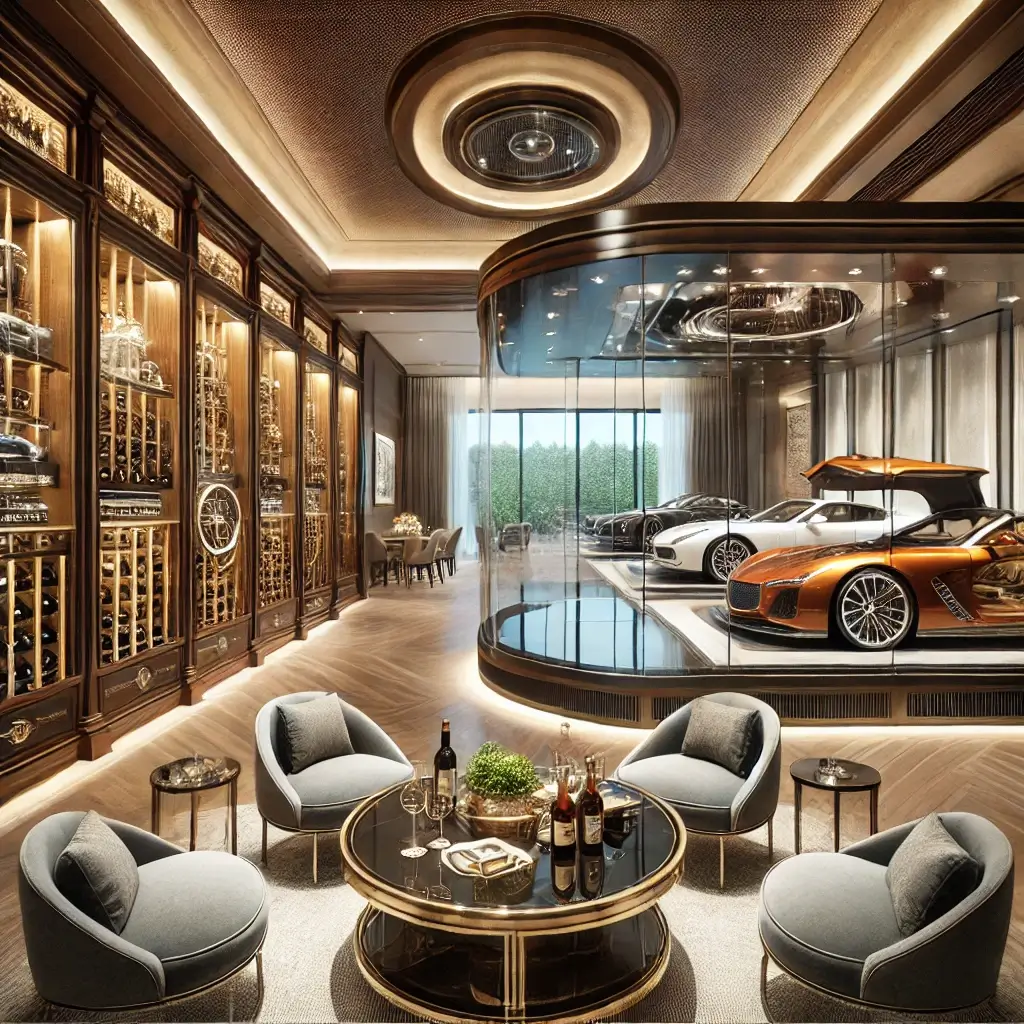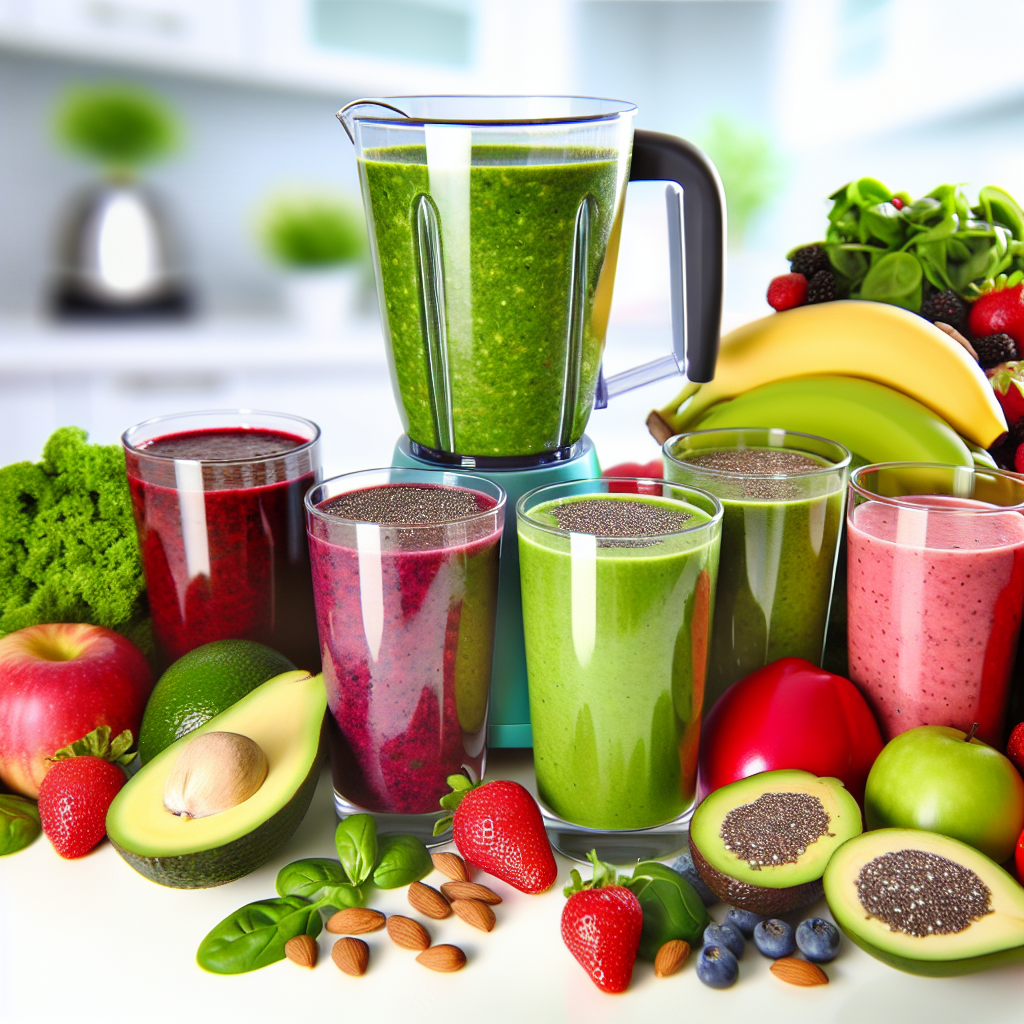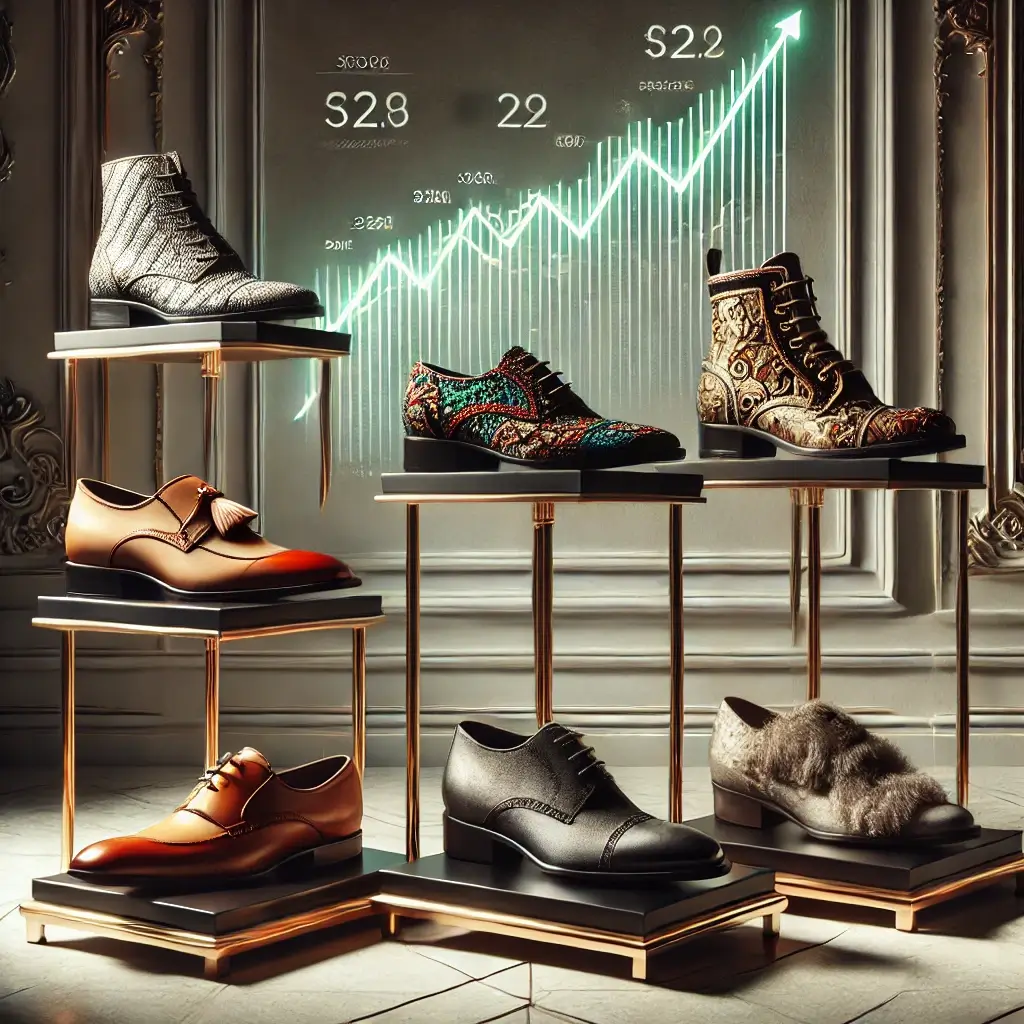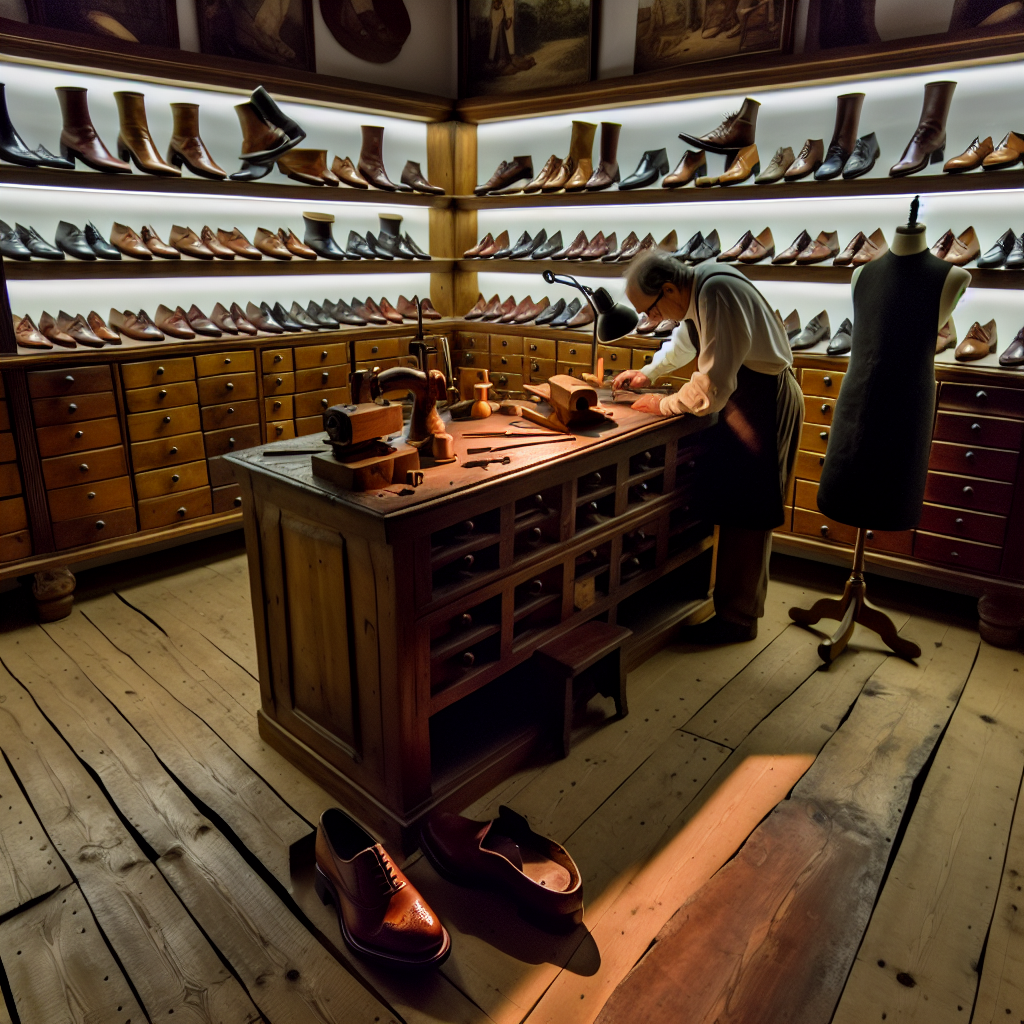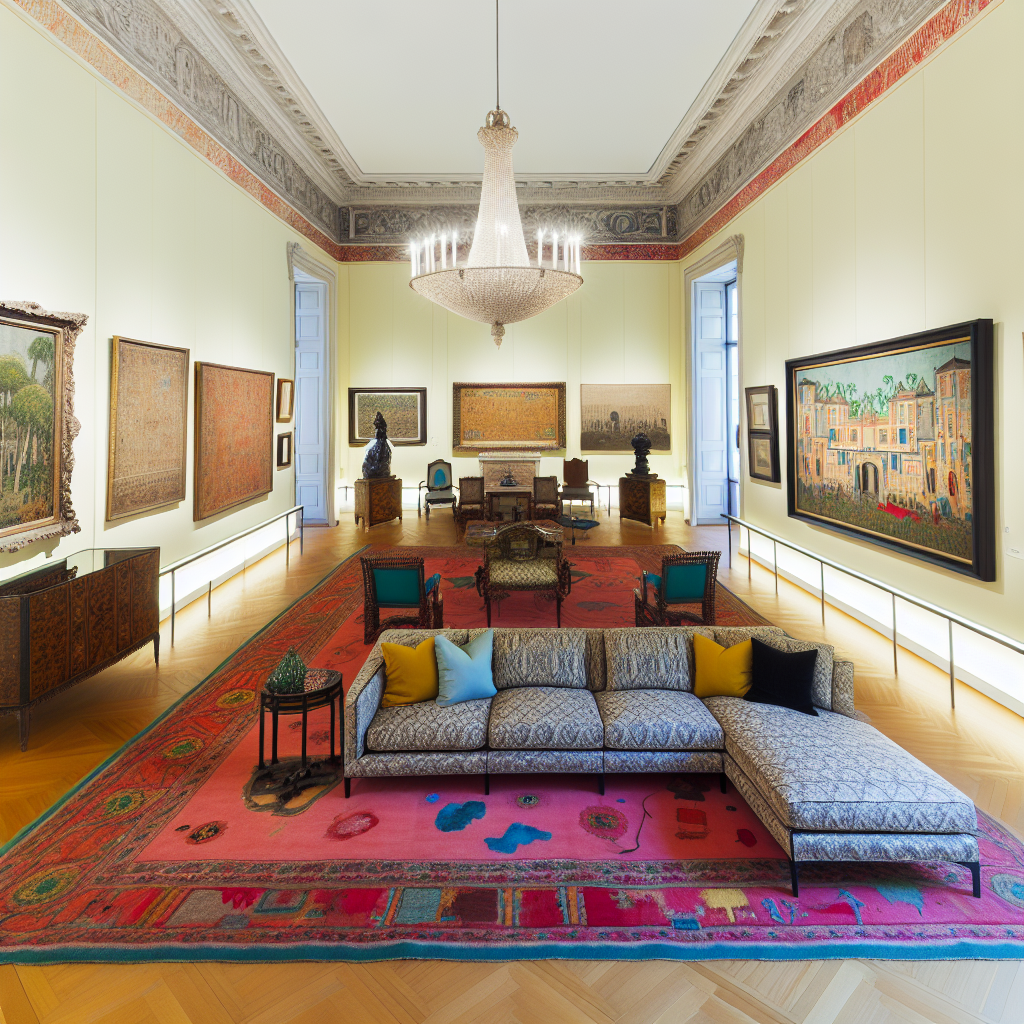The Evolution of Luxury Real Estate Value
In the realm of luxury real estate, the value of a property often transcends its square footage or location. Today, specialized amenities such as wine cellars, automotive galleries, and comprehensive wellness facilities have become indispensable in elevating property appeal and market value. According to Knight Frank’s 2024 Luxury Amenities Report, these features can increase property values by 15% to 40%, depending on their quality and execution. The allure of such amenities lies not only in their immediate lifestyle enhancements but also in their potential for long-term investment gains. With modern advancements in technology and design, these features embody a blend of aesthetic sophistication and functional excellence, catering to discerning buyers who demand the best in both form and function.
Shifting Consumer Preferences in Luxury Living
This trend reflects broader shifts in consumer preferences, where homebuyers prioritize experiences and personal passions over conventional luxury. A meticulously designed wine cellar is no longer just a storage space; it is a statement of taste and a celebration of oenology. Similarly, automotive galleries are redefining garages, transforming them into museum-quality showcases that reflect the owner’s passion for cars. These trends underline the growing emphasis on creating personalized living spaces that harmonize with individual lifestyles, making them critical considerations for luxury property investors and developers alike.
From Wine Cellars to Automotive Galleries: Investment Insights
The Enduring Appeal of Wine Cellars
Wine cellars epitomize sophistication and offer substantial financial benefits for luxury properties. As highlighted in Morgan Stanley’s 2024 Luxury Real Estate Analysis, high-quality wine cellars can boost property values by 8% to 12%. Museum-grade installations, featuring advanced climate control systems and aesthetic craftsmanship, can command premiums as high as 15% (Morgan Stanley, 2024).
Technical Excellence in Wine Storage Design
Modern wine cellars demand meticulous attention to detail. Temperature stability within 0.5°C, advanced humidity controls, and real-time monitoring systems ensure optimal preservation conditions. These features not only cater to the practical needs of wine enthusiasts but also add an aura of exclusivity and cultural richness to the property. The Wine Spectator Cellar Design Guide emphasizes that technical excellence in wine storage enhances both the lifespan of the collection and the overall appeal of the property (Wine Spectator, 2024).
Automotive Galleries: A New Paradigm in Luxury
Once a utilitarian space, the garage has evolved into a showcase of design and innovation. Christie’s Real Estate notes that museum-quality automotive galleries can enhance property values by 15% to 25%. These spaces are equipped with climate stabilization, UV protection, and interactive technologies that elevate their functionality and appeal (Christie’s Real Estate, 2024).
Experiential Zones for Car Enthusiasts
For car enthusiasts, these galleries serve as more than storage facilities; they are experiential zones. Features like rotating platforms and event space capabilities allow owners to host gatherings and celebrate their collections, further elevating the lifestyle value of the property. Forbes’ Global Property Market Review underscores that these amenities also provide a secure and climate-controlled environment, ensuring the preservation of valuable automotive assets (Forbes, 2024).
Broader Market Impacts and Considerations
The integration of these specialized amenities reflects a broader shift in the luxury real estate market. According to the Architectural Digest Premium Amenities Study, high-net-worth individuals increasingly seek properties that align with their personal interests and passions. This trend is driving developers to innovate, ensuring that luxury homes cater to the unique lifestyles of their clients (Architectural Digest, 2024).
Financial Implications Beyond Resale Value
Moreover, the financial implications of these features extend beyond property resale values. A well-designed wine cellar or automotive gallery can enhance the marketability of a home, making it more appealing to a niche audience. This is particularly relevant in competitive markets, where differentiation is key to attracting high-profile buyers. Additionally, the long-term operational costs of these amenities are often offset by their contribution to property value and marketability.
Conclusion
Luxury home amenities like wine cellars and automotive galleries exemplify the seamless integration of lifestyle and investment. Their ability to enhance property values, coupled with their appeal to niche markets, makes them invaluable in the world of high-end real estate. As technology advances and consumer tastes evolve, these amenities will continue to set the benchmark for luxury living. For investors and developers, understanding the technical and market implications of these features is crucial for capitalizing on this growing trend.
References
Knight Frank Luxury Amenities Report, 2024
Morgan Stanley Luxury Real Estate Analysis, 2024
Christie’s International Real Estate Review, 2024
Wine Spectator Cellar Design Guide, 2024
Architectural Digest Premium Amenities Study, 2024
Forbes Global Property Market Review, 2024

Dominic E. is a passionate filmmaker navigating the exciting intersection of art and science. By day, he delves into the complexities of the human body as a full-time medical writer, meticulously translating intricate medical concepts into accessible and engaging narratives. By night, he explores the boundless realm of cinematic storytelling, crafting narratives that evoke emotion and challenge perspectives. Film Student and Full-time Medical Writer for ContentVendor.com
